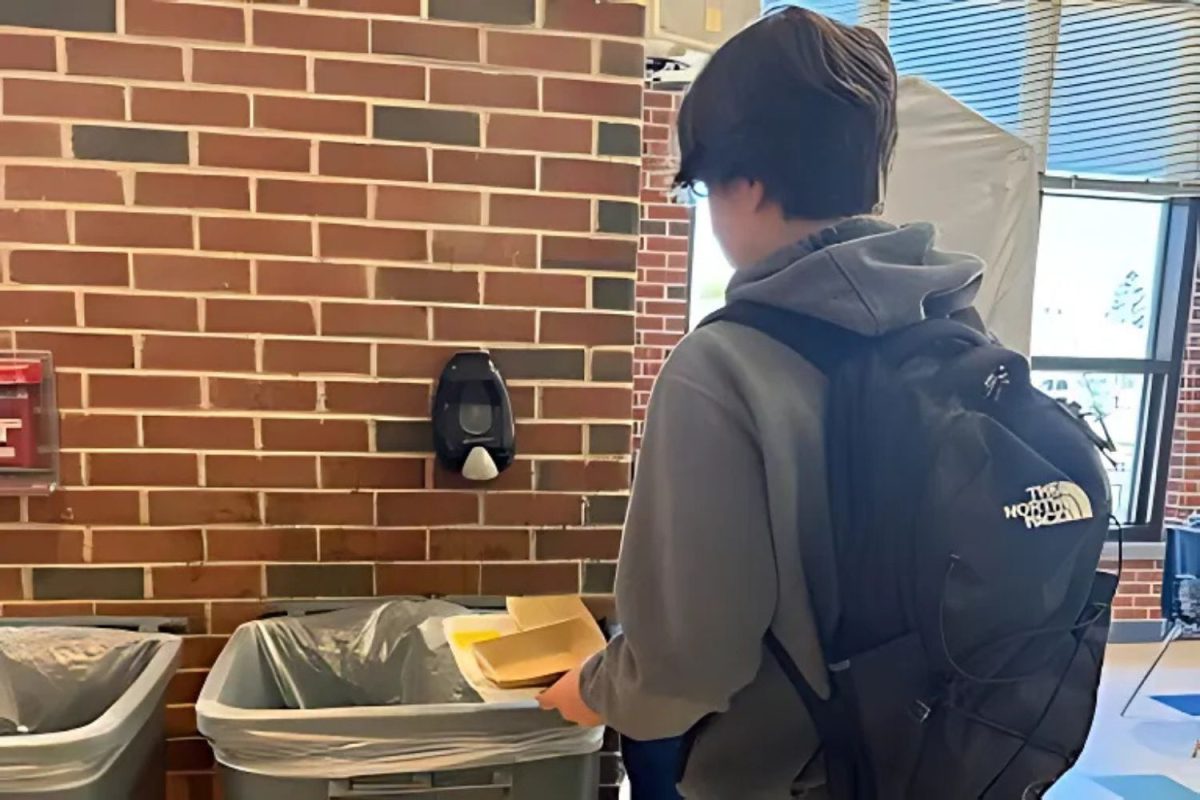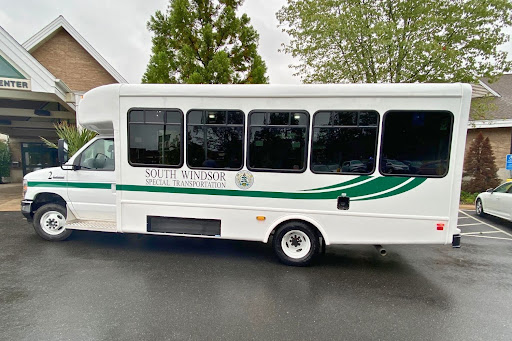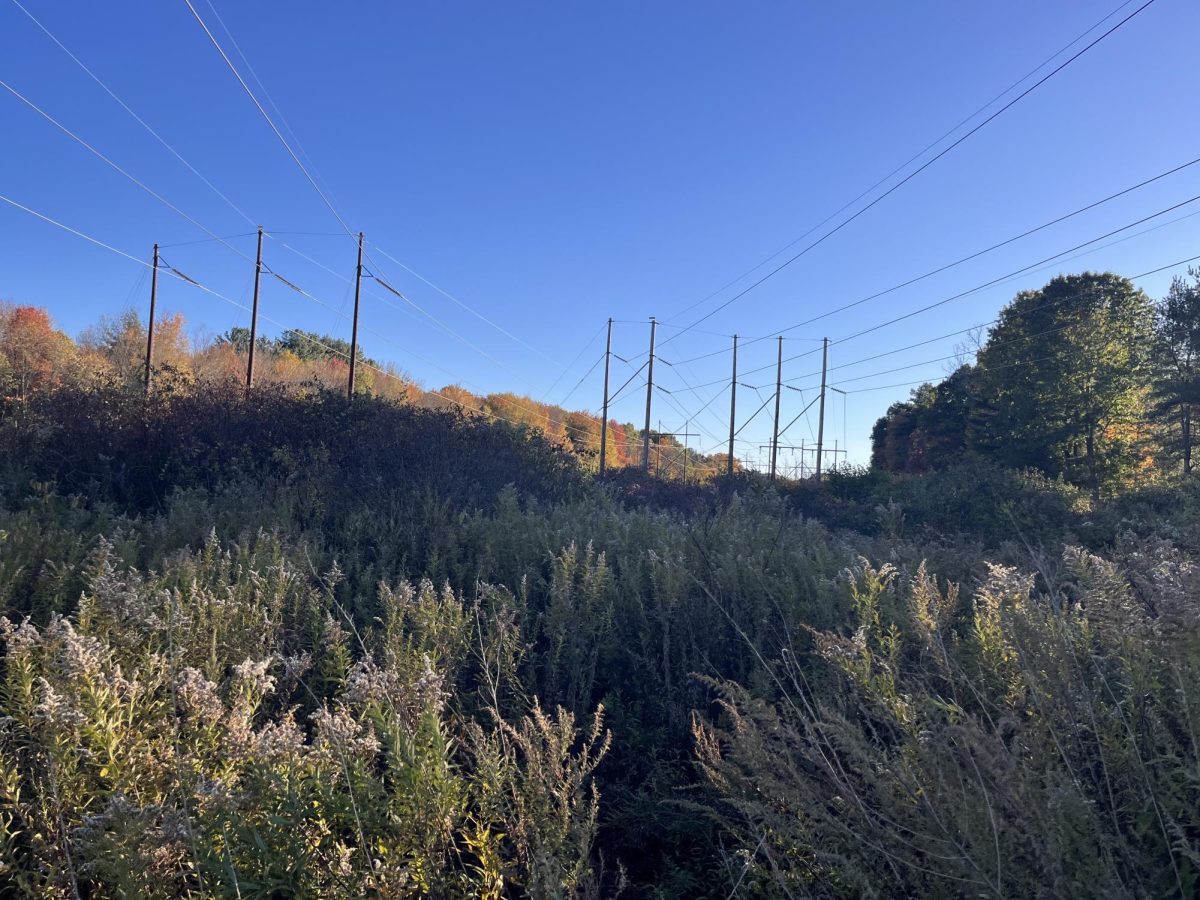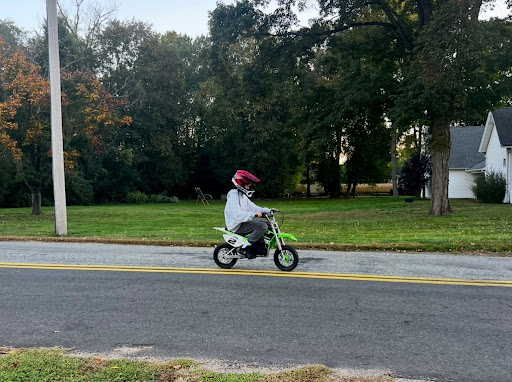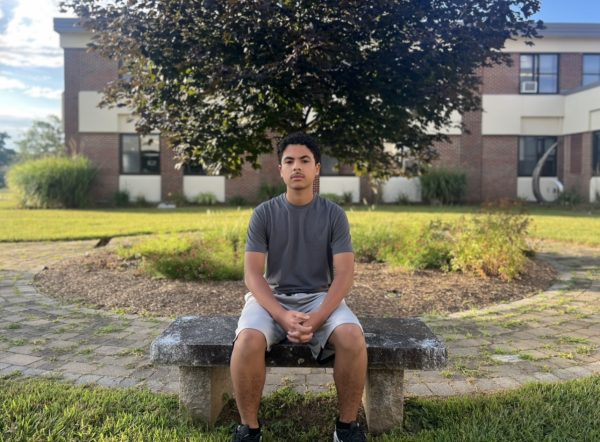A new Connecticut law will soon require schools to regulate their food waste, aiming to reduce excess and promote environmental sustainability through recycling.
Connecticut’s Commercial Organics Recycling Law (CGS 22a-226e), which came into effect January 1, 2025, required specific institutions to source-separate, or separate recyclable waste from nonrecyclable waste at the source of its collection, and recycle food waste, as well as other organic materials.
However, this rule will not take effect in schools until July 1, 2026, giving schools, like South Windsor High School, time to plan and adapt to the upcoming changes.
Some in the school are happy with the new law, feeling that it will help to reduce waste, including cafeteria worker Kiki Koutouzis.
“I think it’s a very good idea because you will be able to separate recycling and garbage as well as compost,” Koutouzis said.
Cafeteria workers will be close to the forefront of the program, so fostering a positive view of it is very important. Some students resonate with Koutouzis, citing similar pros of the new change.
“I think that it’ll be a good way to help the environment and give students an insight into how they can put their waste to better use,” sophomore Hayley Stuck said.
Others, however, feel that it is a waste of time and prefer the existing system of throwing out their garbage.
“I like the old system because I can throw away whatever I want, but now I’m going to have to sort stuff, which I think is a complete waste of time,” sophomore Fisher Bonin told The Prowl.
The issue was also raised in a Board of Education meeting on March 24, 2025, when Deputy Mayor Matthew Siracusa asked about who specifically benefits from the food waste initiative, echoing concerns about the cost for the program and the logistics of implementing at the elementary level.
As far as the cost is concerned, Dr. Kate Carter, superintendent of South Windsor Public Schools, remarked in the Board of Education meeting that it costs approximately $50,000 for only one school that will be piloting the program. It is certainly a hefty price tag, especially considering that it has yet to factor in all the other schools that must introduce the initiative.
Chris Chemerka, South Windsor Public Schools’ director of finance and operations, commented in the meeting how the food waste program will help to accumulate less garbage, and consequently, less trash in landfills. Chemerka’s point is one that some of the students agree with, feeling that the program will help the environment, but she also did not have an answer as to the financial component of the program and who might benefit from this mandate.
While the benefits of the food waste initiative for the environment are evident, numerous questions remain regarding the program, one being how it will be implemented in elementary schools, as the separation of trash at the source may be confusing for students ranging from kindergarten to the fifth grade, and another ultimately being the cost.
Questions remain about the program’s cost to taxpayers and who will ultimately benefit. Addressing these uncertainties is crucial to ensuring the initiative’s success when it goes into effect on July 1, 2026.



